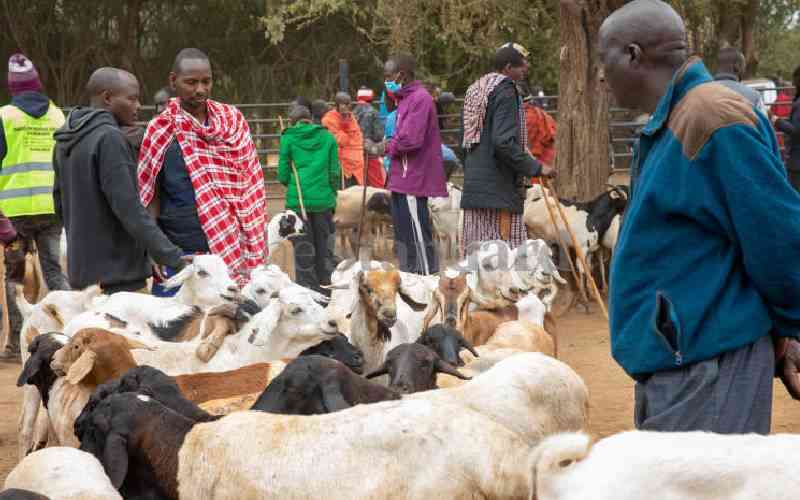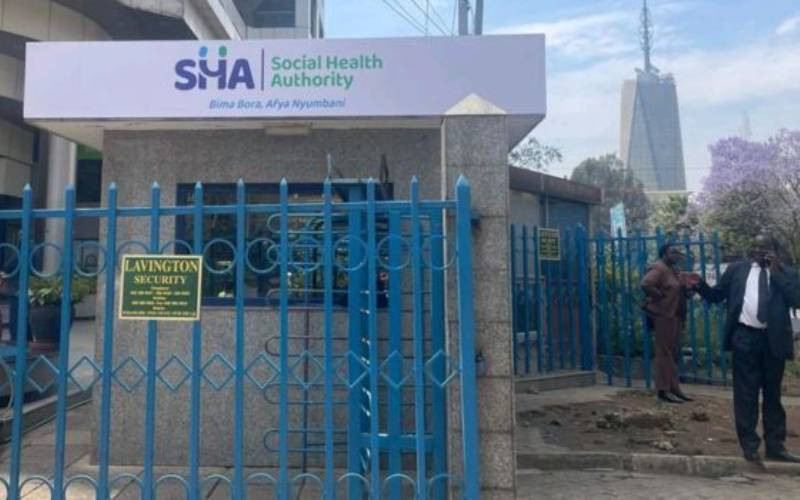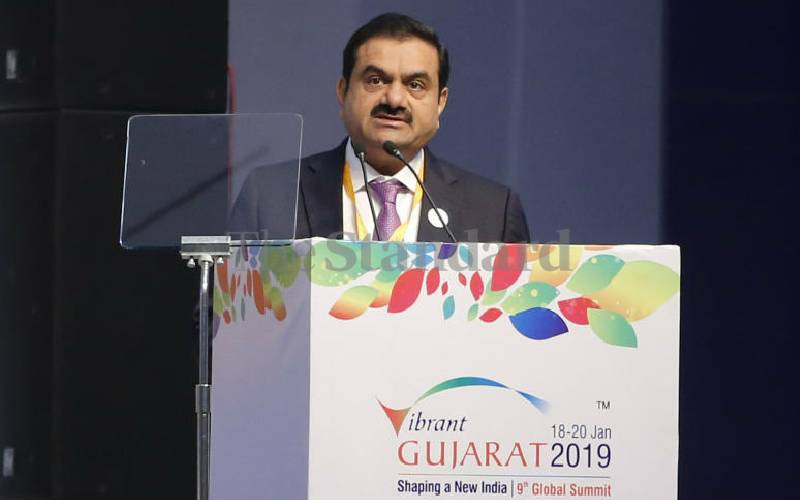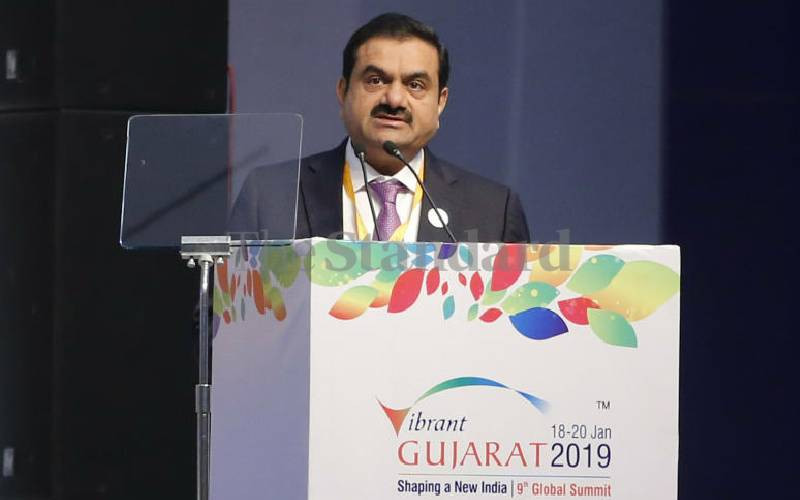
At least 24 Kenyans have been arrested by authorities during a crackdown on cyber-crimes in African countries.
The exercise was spearheaded by the International Criminal Police Organization popularly known as Interpol, in partnership with Afripol (its African counterpart).
In the operation, Interpol has named Kenya as one of the 19 African countries with a high number of cybercrime operations.
This comes at a time when the organization has netted over 1000 suspects linked to cybercrimes operations in Africa.
In a statement issued by Interpol to newsrooms on Tuesday, November 26 evening, the law enforcers say they have managed to crack a case involving the loss of Sh1.1 billion
“In Kenya, officers cracked a case of online credit card fraud linked to losses of USD 8.6 million (Sh1.1 billion). The funds, stolen through fraudulent scripts run after altering the banking system’s security protocol, were promptly redistributed by the group via SWIFT to companies in the United Arab Emirates, Nigeria and China and subsequently, to digital asset institutions offering trading and financial services regulated in multiple jurisdictions,” Interpol’s statement reads in part.
The 19 African countries that took part in the exercise are: Algeria, Angola, Benin, Cameroon, Côte d'Ivoire, Democratic Republic of the Congo, Gabon, Ghana, Kenya, Mauritius, Mozambique, Nigeria, Rwanda, Senegal, South Africa, Tanzania, Tunisia, Zambia and Zimbabwe.
Secretary General of Interpol Valdecy Urquiza has raised concern over the growing cyber-crime operations in most African countries, saying the partnership yielded fruit.
- Call for understanding: What it's like to live with epilepsy
- Clinical officers: What government must do for us to return to work
- Private doctors to join strike in 7 days as church, Raila speak out
- Pharmacists want chemists selling prescription drugs to minors punished
Keep Reading
“From multi-level marketing scams to credit card fraud on an industrial scale, the increasing volume and sophistication of cybercrime attacks is of serious concern, Urquiza says.
“Operation Serengeti shows what we can achieve by working together, and these arrests alone will save countless potential future victims from real personal and financial pain. We know that this is just the tip of the iceberg, which is why we will continue targeting these criminal groups worldwide.”
Afripol’s Executive Director Ambassador Jalel Chelba, says after successfully conducting the crackdown, the team’s focus will now shift to emerging trends in financial and economic crimes.
“Through Serengeti, AFRIPOL has significantly enhanced support for law enforcement in African Union Member States. We’ve facilitated key arrests and deepened insights into cybercrime trends. Our focus now includes emerging threats like AI-driven malware and advanced attack techniques.” he said.
During the operations, authorities say they dismantled 134,089 malicious infrastructures used in the illegal business.
The operation, Interpol says, identified over 35, 000 victims and ran for two months, beginning September 2, 2024 up to October 31, 2024.
“Private sector partners, including Internet Service Providers, also played a vital role by sharing intelligence, supporting analysis and disrupting criminal activities. They provided on-site support and offered round-the-clock remote assistance to patch vulnerabilities and secure critical infrastructure for the participating member countries,”
In Senegal, eight people, including five Chinese nationals, were arrested in Senegal for a USD 6 million (over Sh700million) online Ponzi scheme affecting 1,811 victims.
A search of their apartment uncovered over 900 SIM cards, USD 11,000 in cash, phones, laptops, and copies of victims’ ID cards.
Nigerian authorities arrested a man accused of running online investment scams. He is believed to have made upwards of USD 300,000 (Sh38 million) by luring victims through messaging platforms with false promises of cryptocurrency returns.
In Cameroon, authorities arrested a group suspected of trafficking victims from seven different countries to run a multi-level marketing scam.
After paying a “membership fee”, victims were promised employment opportunities or training but once in Cameroon, they were held captive and obliged to lure others into the scheme to gain their freedom. Initial estimates show that the group had already pocketed at least USD 150,000 in fees.
Angolan investigators dismantled an international criminal group running a virtual casino in Luanda. The group, which primarily targeted Brazilian and Nigerian gamblers, defrauded hundreds through its online platform, offering a percentage of winnings to members who recruited new subscribers. Some 150 arrests were made, with officers seizing 200 computers and more than 100 mobile phones.
Operation Serengeti was carried out with funding of the UK’s Foreign, Commonwealth and Development Office, the German Federal Foreign Office and the Council of Europe.
 The Standard Group Plc is a multi-media organization with investments in media platforms spanning newspaper print
operations, television, radio broadcasting, digital and online services. The Standard Group is recognized as a
leading multi-media house in Kenya with a key influence in matters of national and international interest.
The Standard Group Plc is a multi-media organization with investments in media platforms spanning newspaper print
operations, television, radio broadcasting, digital and online services. The Standard Group is recognized as a
leading multi-media house in Kenya with a key influence in matters of national and international interest.











